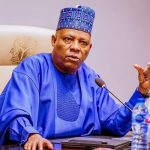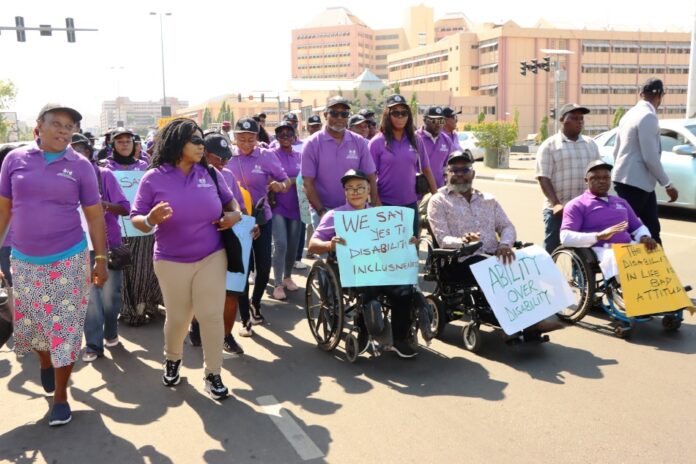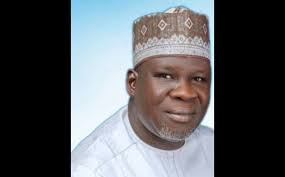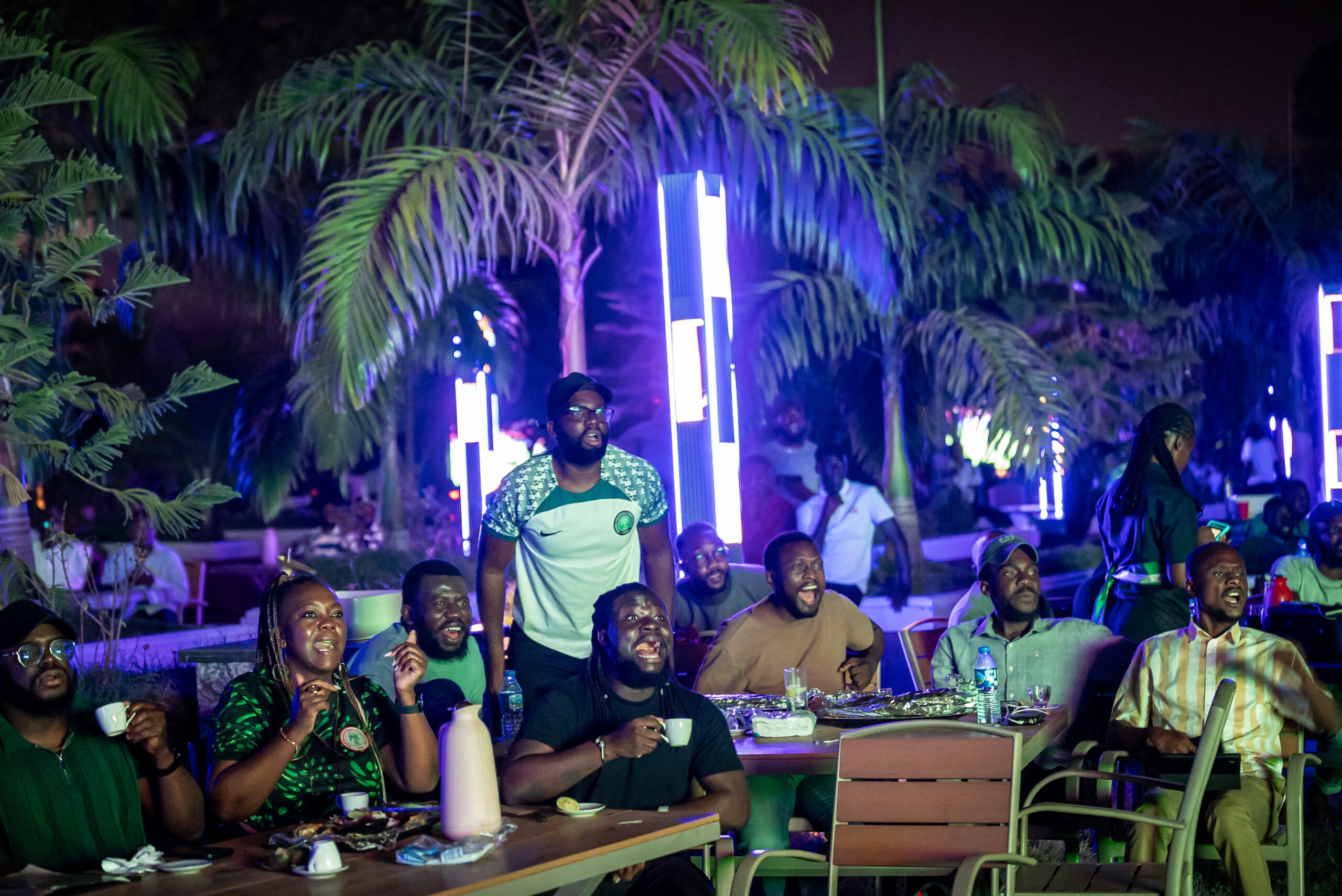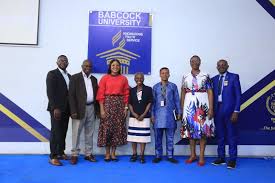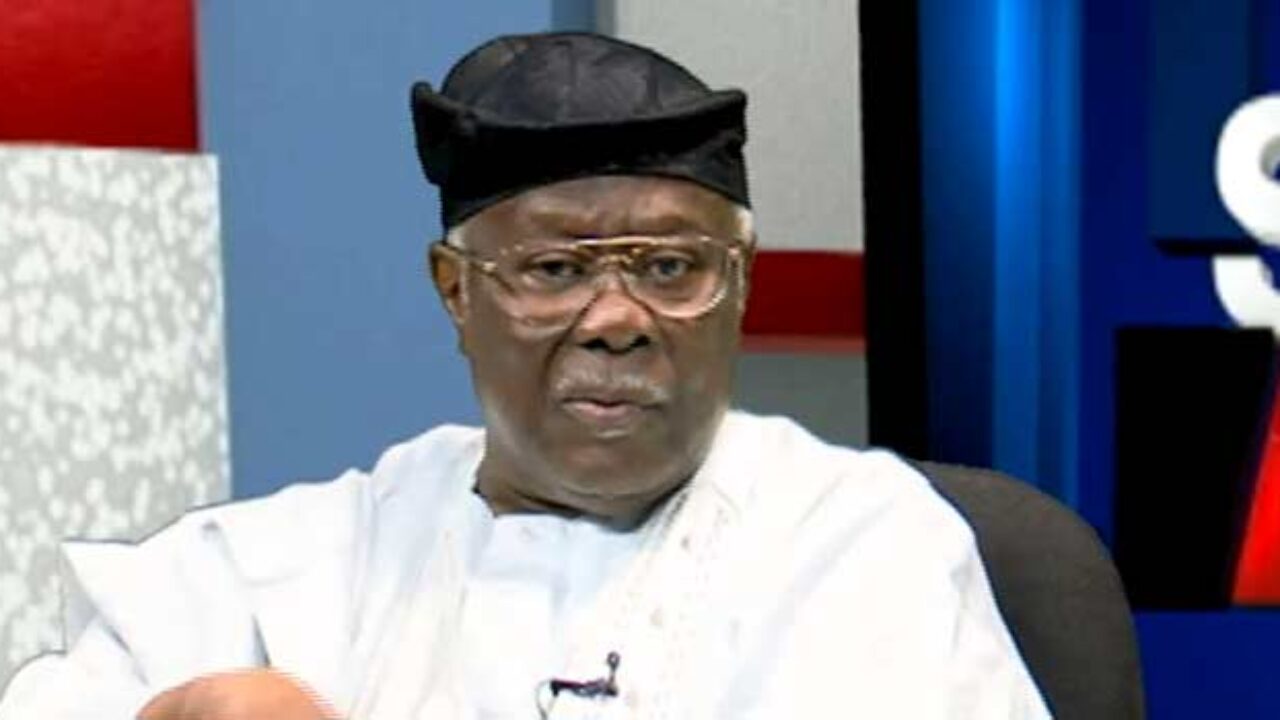Kanu’s legal team condemns life sentence, vows to challenge ruling
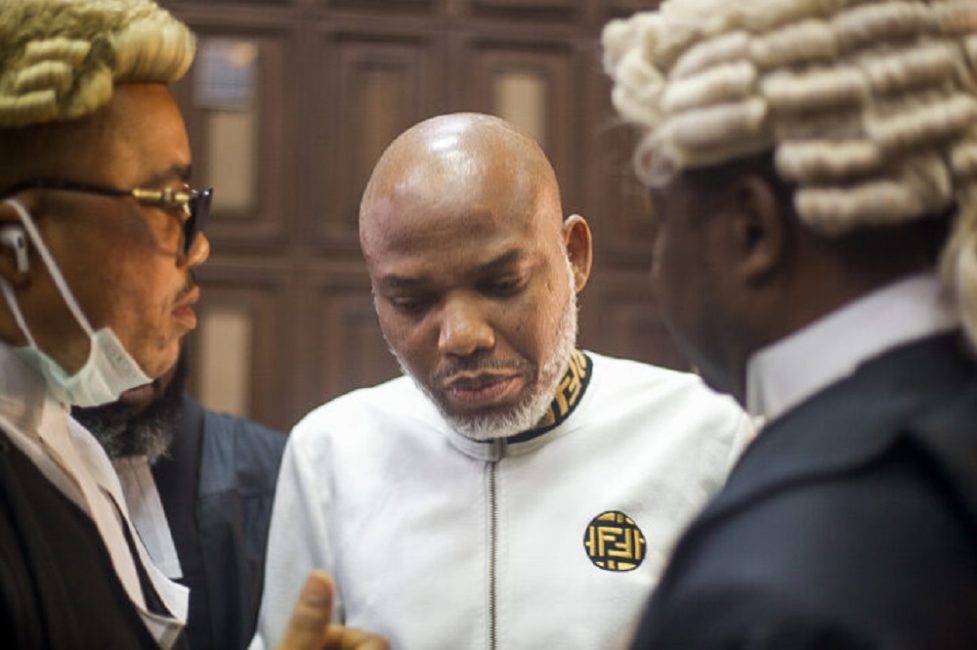
Nnamdi Kanu’s legal team has strongly criticised the judgment of the Federal High Court in Abuja, which on Thursday convicted and sentenced the Indigenous People of Biafra (IPOB) leader to life imprisonment on terrorism charges.
Describing the verdict delivered by Justice James Omotosho as “a travesty of justice,” the lawyers vowed to challenge the ruling at the Court of Appeal.
Speaking to journalists after the ruling, Kanu’s special counsel, Barrister Aloy Ejimakor, said the judgment represented a bleak moment for the nation’s justice system.
“Today will forever be in Nigeria’s history. Today is the only day I have witnessed a man being convicted for just what he said from his mouth, not what he did with his own hands,” Ejimakor said.
He argued that the evidence presented did not support the conviction, insisting that the sentence was “overbroad, cruel and unusual.”
“How can you convict a man for making a mere broadcast from a location that was never named, and you never tied that broadcast to any single incident of violence — not even someone slapping someone, not to talk of terrorism?” he asked.
Ejimakor maintained that Kanu’s calls for self-determination were not criminal acts.
“To pursue a separate nation of yours is not a crime. Mazi Nnamdi Kanu made broadcasts — and so what? You convict him for terrorism for mere words in the Federal Republic of Nigeria. What kind of precedence is being laid?”
He added that the defence team would move immediately to file an appeal.
“From here, we are heading to the Court of Appeal. We are certain the justices there will agree that today was a symbol of travesty of justice. If not, we will go to the Supreme Court. By God Almighty, Mazi Nnamdi Kanu is not going to stand convicted. It will be overturned.”
Another member of the defence team, Barrister Maxwell Okpara, also condemned the verdict, saying it was influenced by “anger rather than legal reasoning.”
He urged supporters in the South-East to remain calm and avoid violence, expressing confidence that higher courts would “correct the grave miscarriage of justice.”


